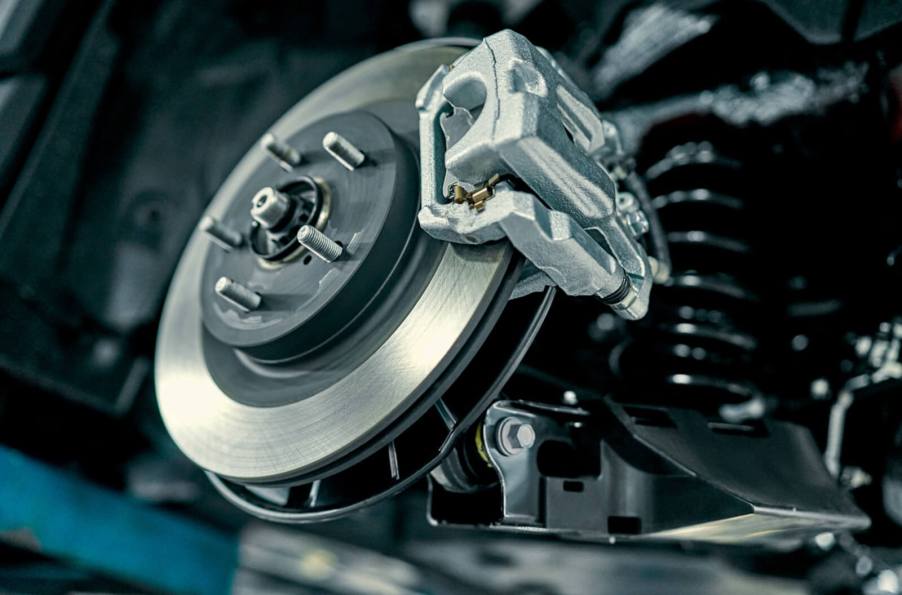
Are disc brakes really better than drum brakes?
Your brakes are one of the most vital systems in your vehicle. After all, your ability to stop could be the difference between a fairly typical drive and a life-threatening crash. However, when it comes to braking systems, you could be relying on drum brakes instead of the now-ubiquitous disc brake setup. So, are your disc brakes really better than a well-maintained set of drums? And should you consider a set of disc brakes as a modification for your old car?
Disc brakes typically perform and dissipate heat better than old-school drum brakes
What the hell are those? No, your eyes aren’t playing tricks on you. Those brakes on that first-generation Chevrolet Camaro don’t look like the smooth disc and caliper combination you’re accustomed to. Well, that old Camaro is likely running on drum brakes, the once-standard application for stopping a vehicle in motion.
While drum brakes can stop a classic car, old truck, or trailer, they’re a bit obsolete in comparison to modern power disc brakes. With an elegantly simple system of a caliper depressing a spinning rotor, discs typically offer much shorter stopping distances, better heat dissipation, and lower total weight than old-school drums.
Moreover, drum brakes tend to be a bit more complicated to maintain than disc brakes. A drum brake setup employs a set of shoes applying friction and pressure to a rotating drum assembly. As a result, maintenance procedures involve working with a larger number of components, like shoes, springs, and levers.
In fact, many hot rodders will perform a partial or total brake swap to improve the stopping power of their classic cars. It’s a popular move to remove the front drum brakes and replace them with a power disc brake set.
Since most of the braking force is at the front brakes under hard braking, you can dramatically improve your stopping performance by swapping an antiquated set of front drums for a newer set of discs. Frankly, there’s a reason why automakers have embraced disc brakes as the industry standard for stopping.



